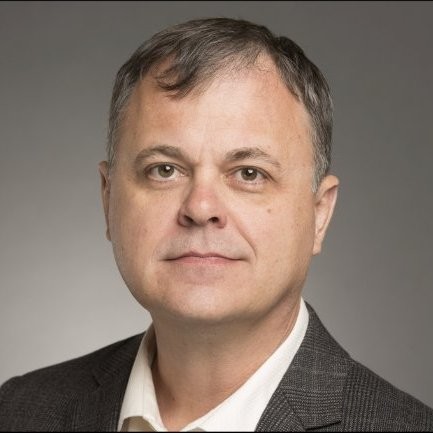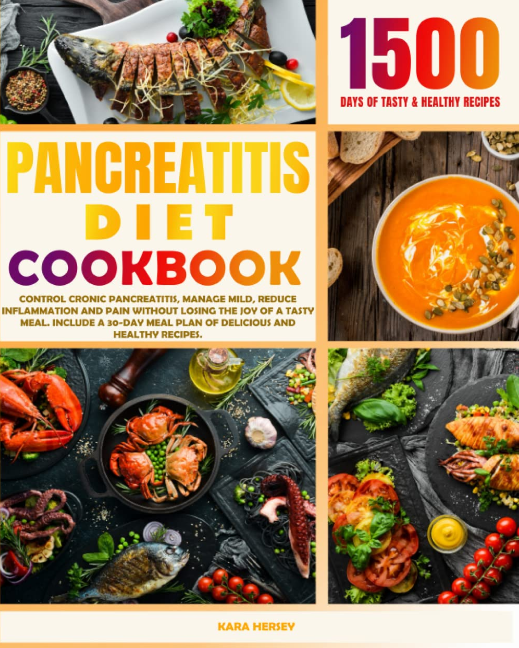
MATT McLAIN:
How Attitude, Diet & Support Systems Impact a Pancreatic Cancer Journey
Written By Julia Brabant
September 2021
Date of Diagnosis: Early February, 2021
Current Status: Beginning Maintenance Chemotherapy Pil
No journey with pancreatic cancer is easy, but the success Matt McLain has experienced thus far in his, has him questioning what he did to deserve it – and what he might do to pay it forward.
Diagnosed with Stage 4 pancreatic cancer in February of 2021, Matt, an IT professional by trade, wound up in the emergency room after experiencing ongoing, increasingly severe stomach troubles. There, he underwent a CT scan after doctors said he appeared jaundiced.
“You have a mass on your pancreas,” the ER doctor had said. “Any family history of pancreatic cancer? Do you smoke?”
Matt had no such history, but it turned out he had a tumor on his pancreas that was pushing into his liver and occluding the bile duct, causing the symptoms. Doctors inserted a stent, which is a medical instrument that opens the bile duct. A few days into Matt’s recovery from the stent procedure, he received a call from the Virginia G. Piper Cancer Center at HonorHealth in Scottsdale, Arizona, asking if he wanted to join a clinical trial.
A follow-up pet scan revealed promising results. It showed that, because of the treatments, the tumor in Matt’s pancreas had shrunk to the point where it was no longer identifiable. The tumors on his liver, too, were no longer active, doctors said they were basically just “bags of liquid.” Matt has now completed the eight-cycle regimen, but he is entering a ninth cycle and will have a CT scan in the future to determine next steps.
“I have to say, it’s been somewhat miraculous that I made it through this,” Matt said, crediting his doctor at HonorHealth, ErKut Borazanci, M.D., and the nursing staff there, including Gayle Jameson and Danielle Legrand, for much of his success to date.
“Dr. Borazanci, Gayle, Danielle and all of the other caregivers in the clinical trials unit – they are exceptionally good people,” Matt said. “They’re real people who care, and it comes across in how they treat you. There’s a human connection that is very important to believing in the treatment and getting better.”
He recalled how, early on in his treatment, Lana Caldwell, one of the program nurses, gave him a glimmer of hope when he had very little.
“She said, ‘Yes; it’s Stage 4 – but there’s hope,” he said. “I went from, ‘Ohmigod, I’m going to die,’ to ‘Ohmigod – I might have a few years left after all.’”
In the days following his diagnosis, Matt made efforts to figure out what might have caused or contributed to the disease. He had always prioritized his health and fitness, and had virtually no major health problems to speak of throughout his life. He had only been in the hospital for stitches and sprains. He also underwent genetic testing to see if he had some type of predisposition for pancreatic cancer, but his test results did not reveal any obvious connection.
While he was unable to pin down what may have caused his disease, Matt chose to focus on the things he could control – namely, his diet and attitude.
He almost completely cut out sugar and reduced his carbohydrate consumption considerably. Matt believes his mostly keto diet may have had a hand in his success in fighting the disease thus far. He also takes CREON, a prescription medicine that replaces digestive enzymes his damaged pancreas can’t produce, though he faced some hardships and bureaucracy along the way due to the drug’s hefty, $2,000 – $3,000 a month price tag.
Matt also notes how important it is to maintain a positive attitude and support system during a cancer battle, recalling that he was lucky enough to have his parents and brother (who live locally) to talk with while he had his treatments.
He recognizes that not everyone is lucky enough to have a strong support system. In fact, some patients have virtually no support system to speak of, but Matt is happy to take on that role for anyone who needs it.
“There is hope,” he said. “You’re going to get bummed out sometimes, but control the things you can control and don’t give up. Find what you love and what keeps you going, and focus on that.”
Matt hopes to play a more active role in advocacy and in-person events when pandemic restrictions ease. In the meantime, he hopes that sharing his story might help others see that pancreatic cancer patients aren’t always facing death sentences, and that new resources and treatment options are emerging all the time.
“For me, it’s starting to look like I’m going to pull through this in reasonable shape, at least for now,” he said. “If sharing my story helps others find hope, I’ll consider that the first step in paying it forward.”



